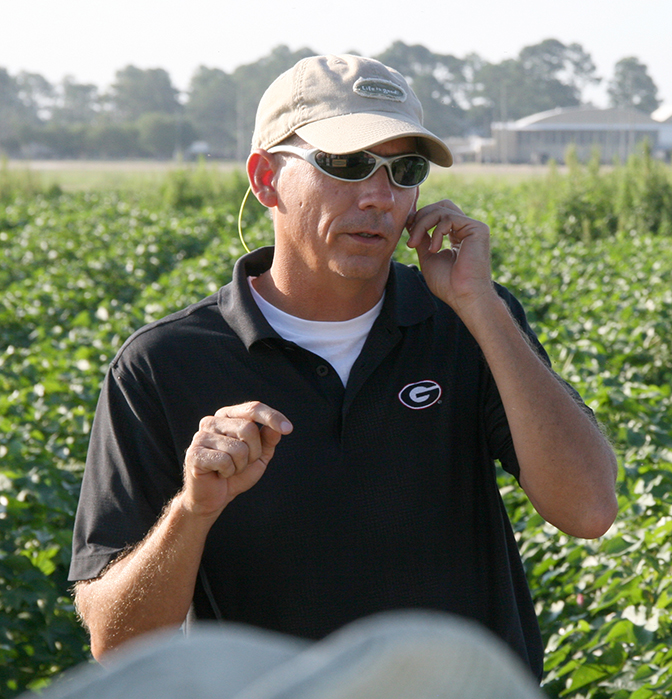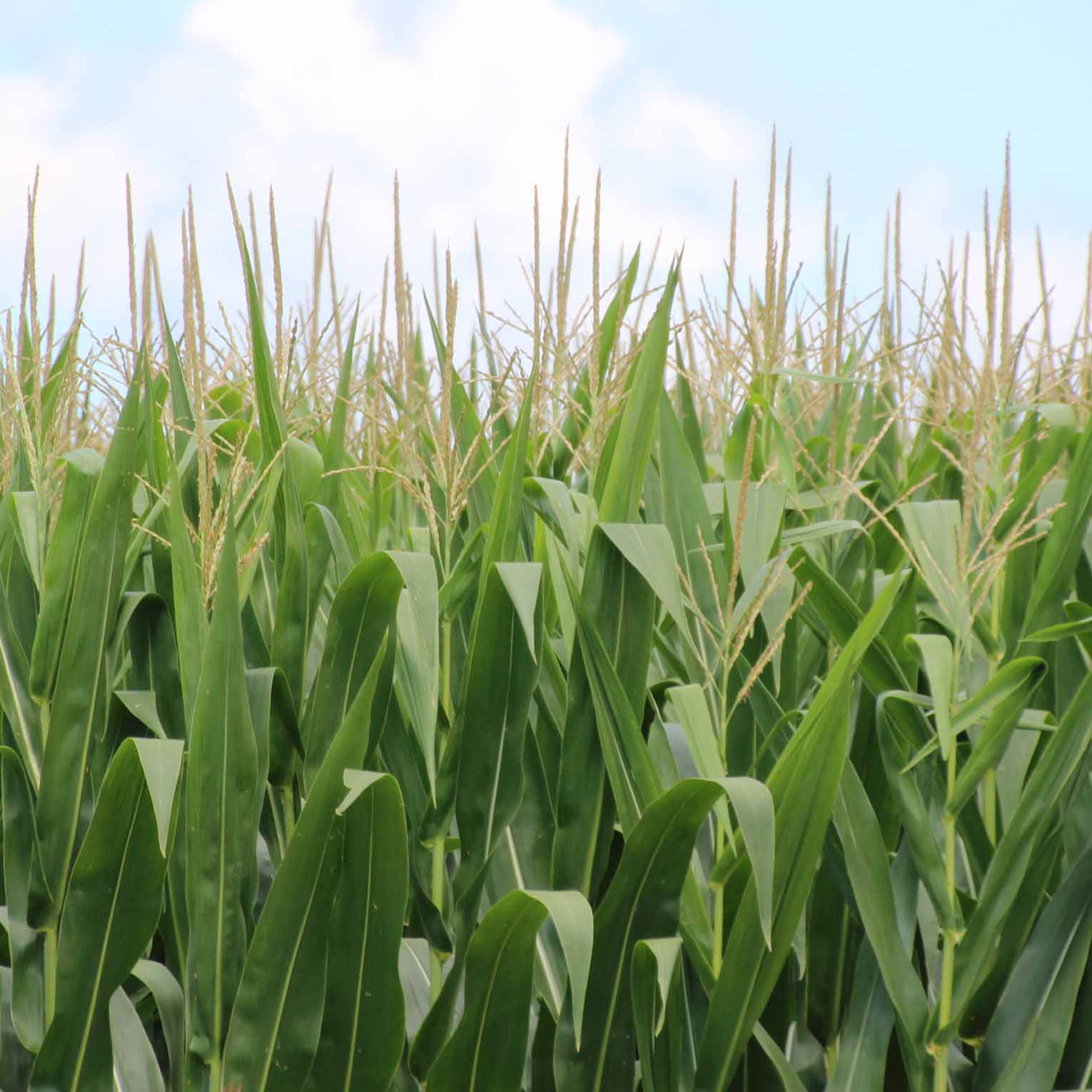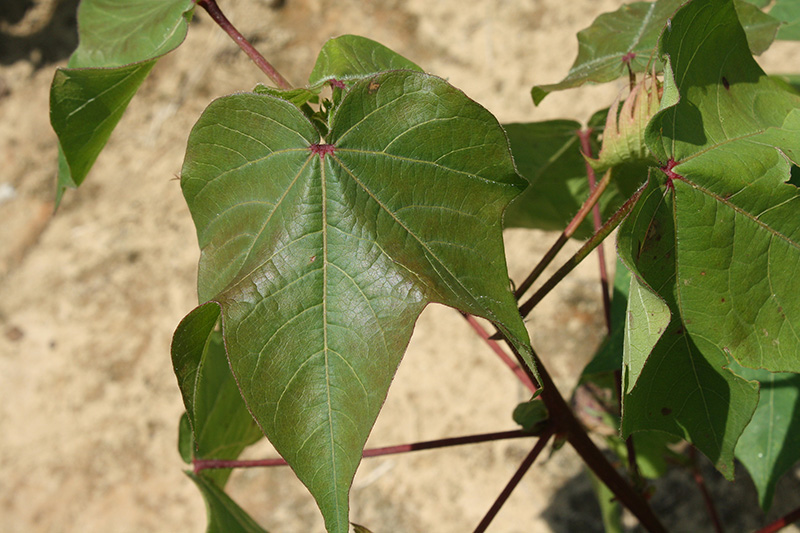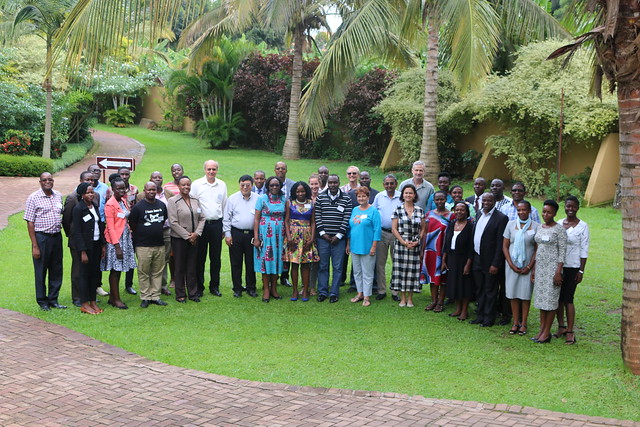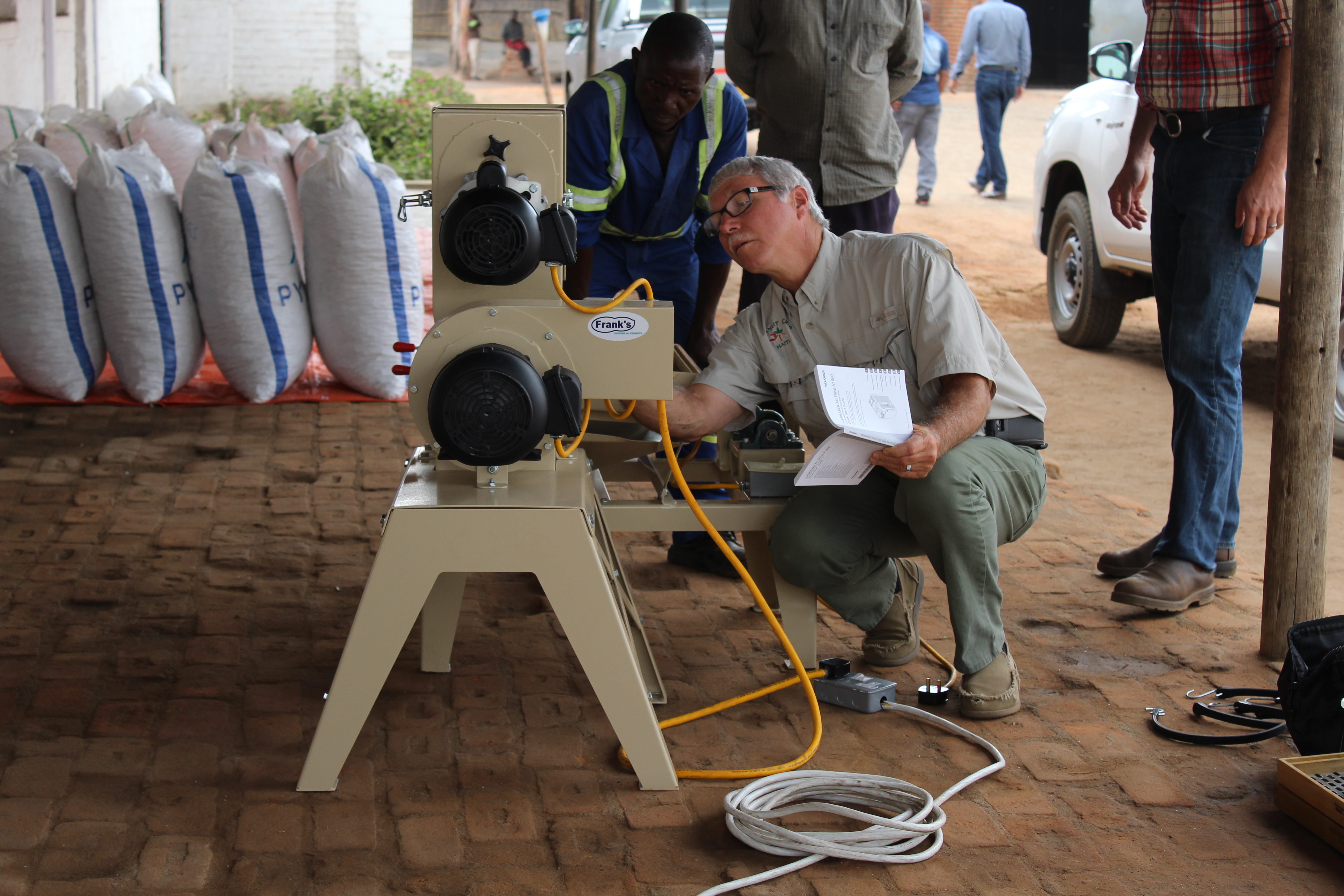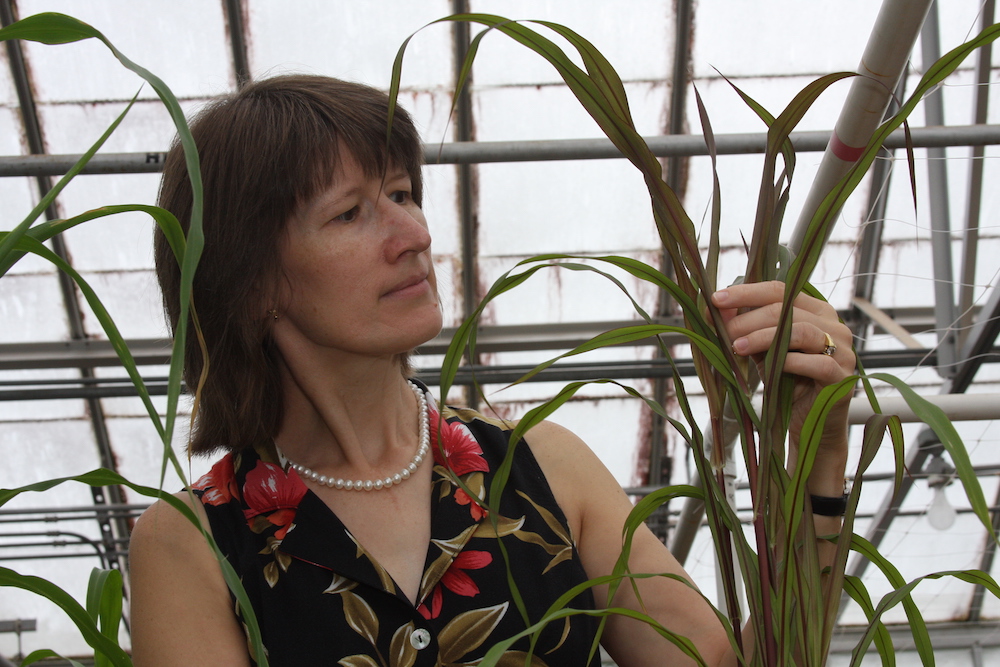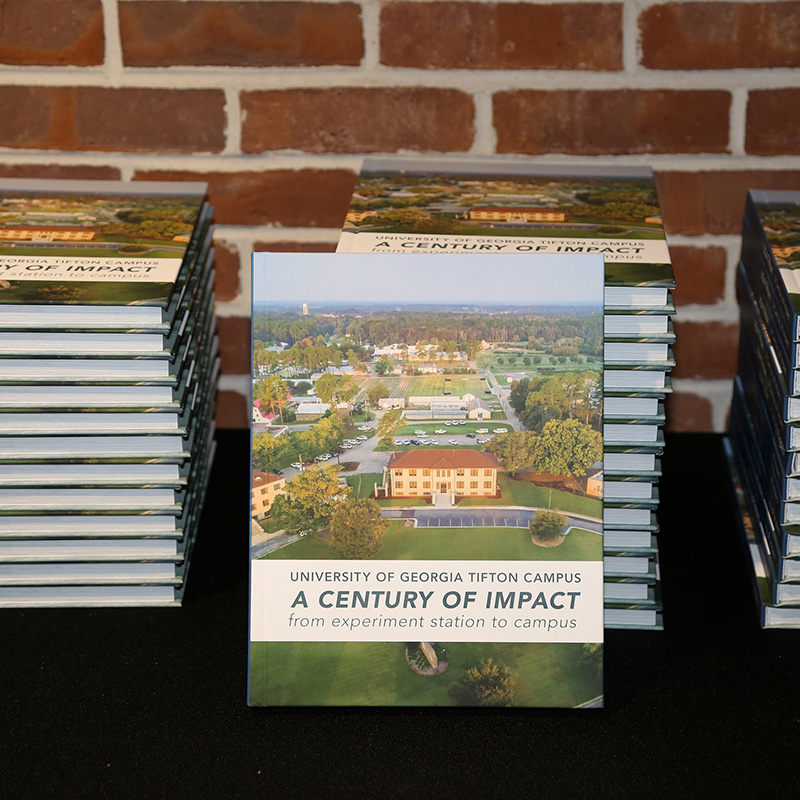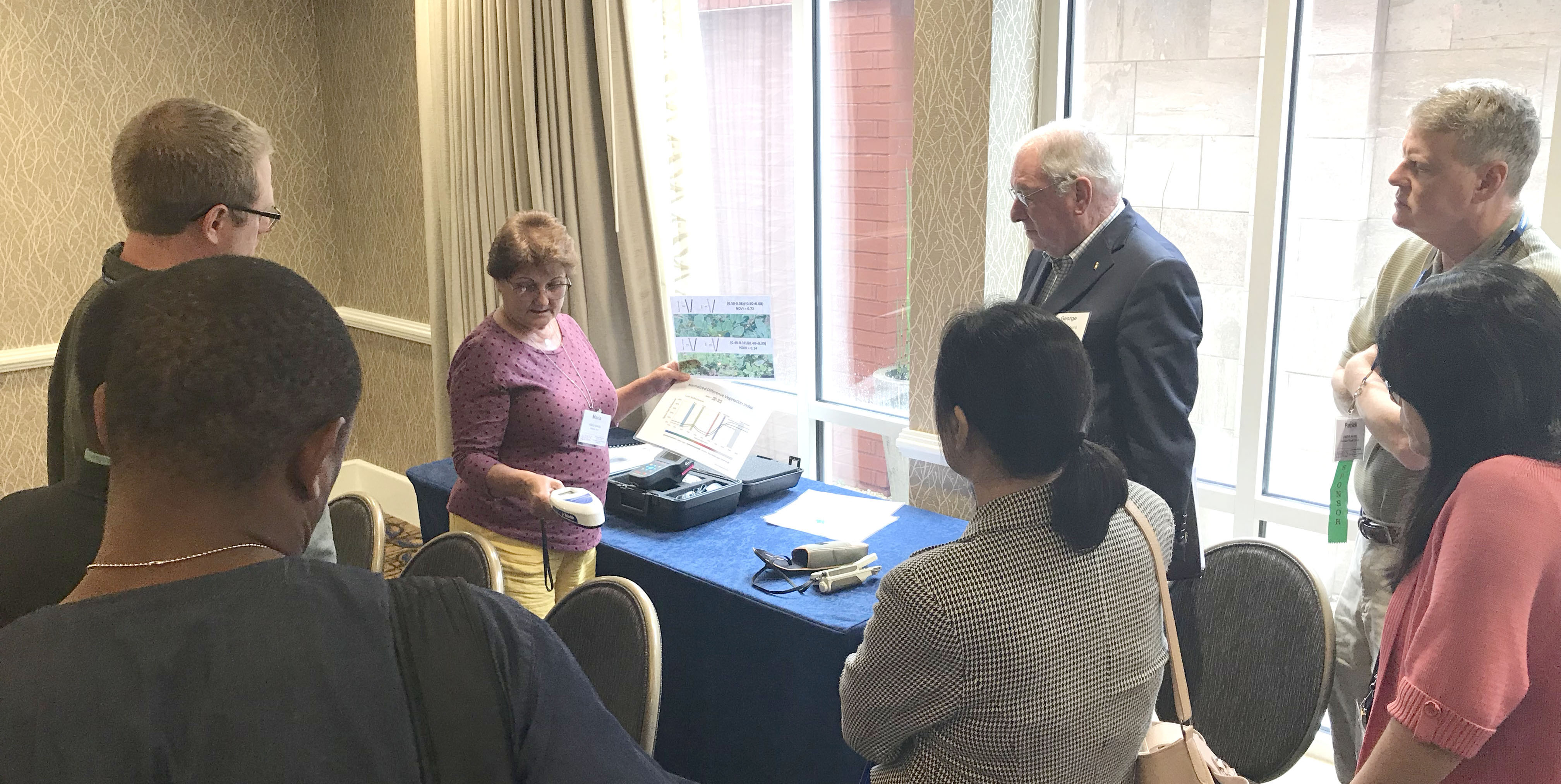 CAES News
CAES News
Peanut Research
AUBURN, Ala. – The 51st gathering of the American Peanut Research and Education Society brought together hundreds of scientists and students to share cutting-edge research, with a particular focus on the value that international research is having on the U.S. peanut industry. With a theme of “Peanuts Around the World,” the conference called on the Feed the Future Peanut Innovation Lab to demonstrate ways research collaboration has dual benefits for science, industry and agriculture in the U.S. and other countries around the world.

